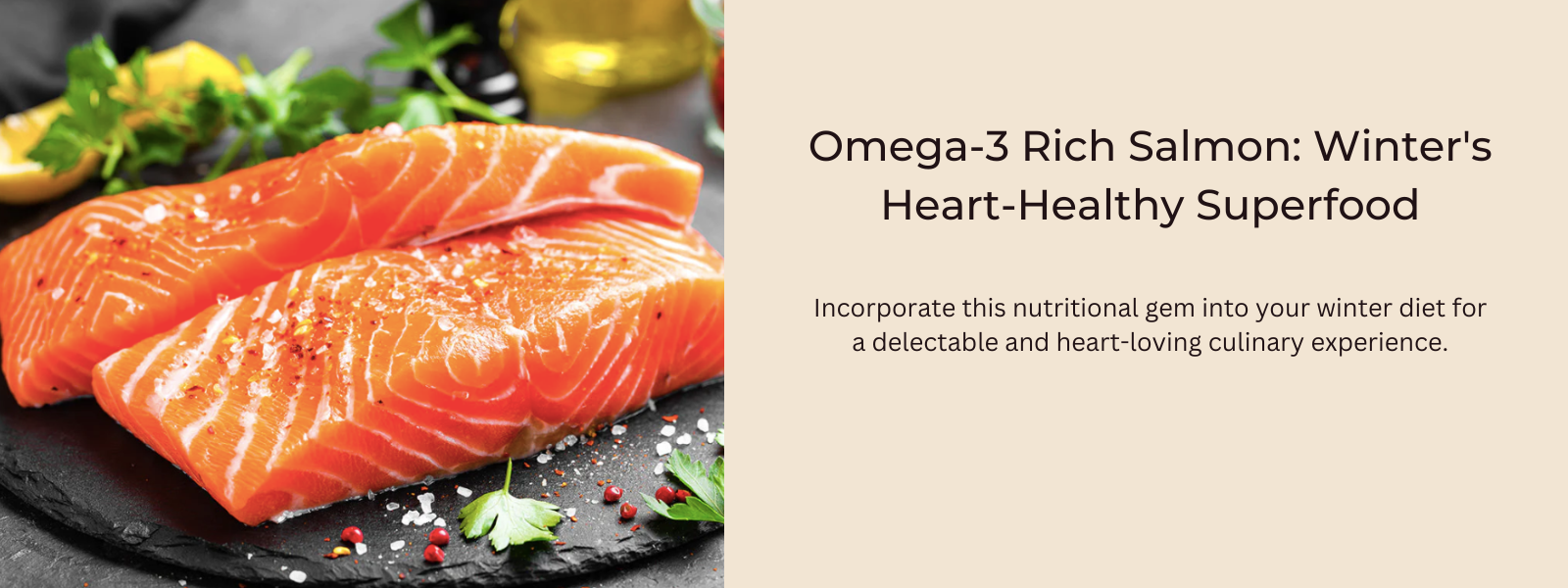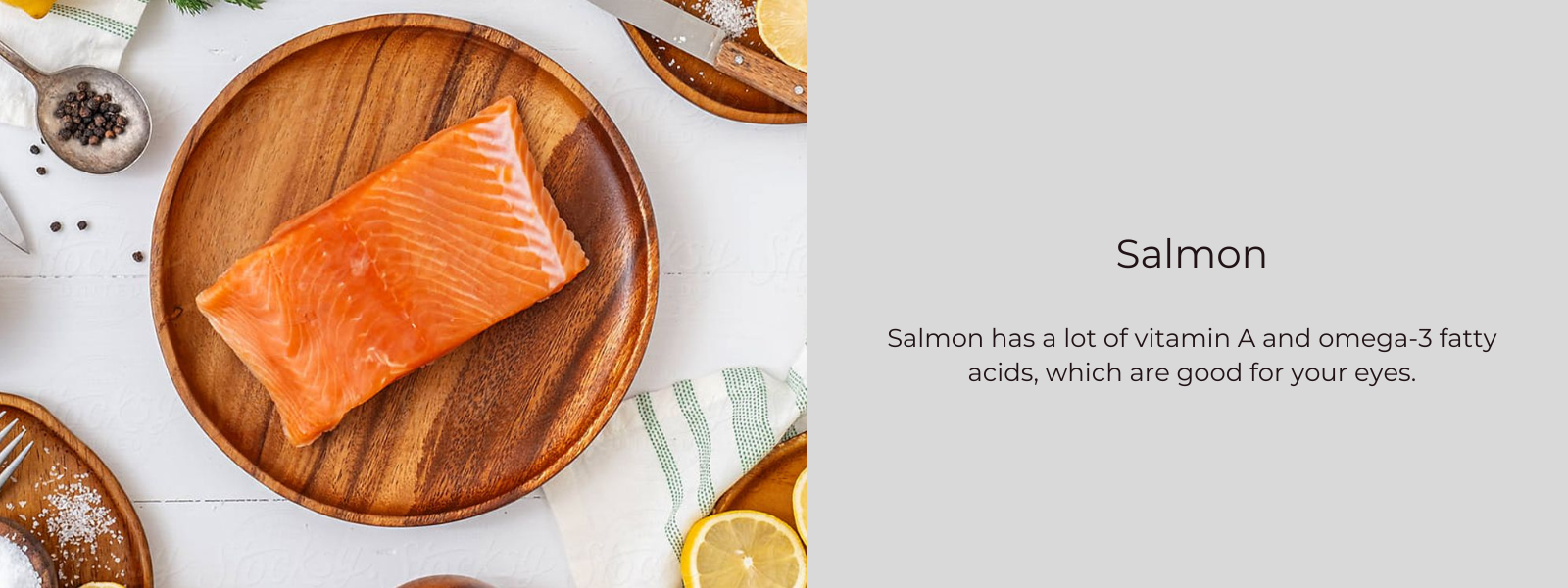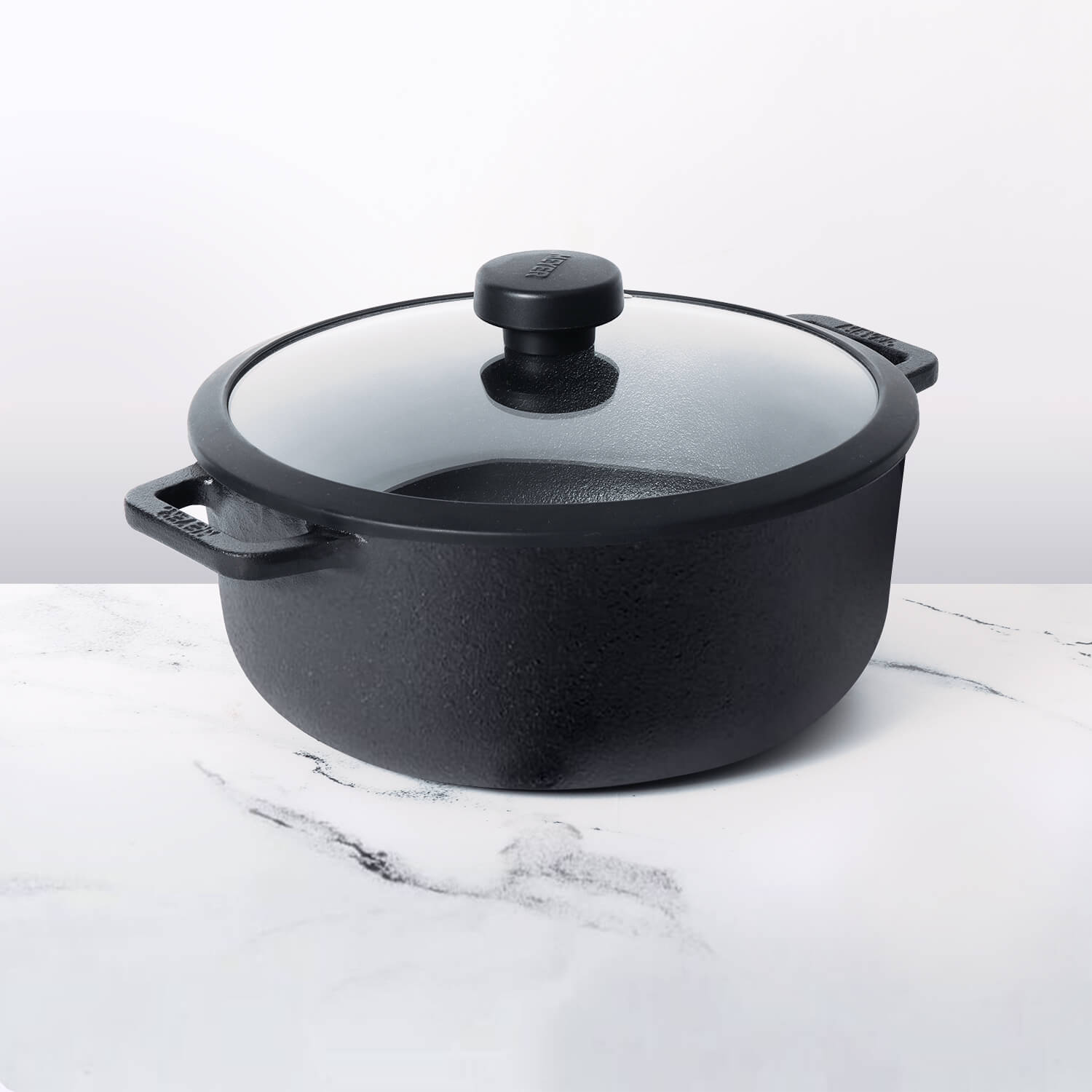Salmon is a rich source of vitamin B12, an essential nutrient that supports red blood cell formation, brain function, and energy levels. Adequate intake of vitamin B12 from salmon helps prevent anemia, boosts mood and cognitive health, and promotes overall well-being by maintaining healthy nerve cells and reducing homocysteine levels, which are linked to cardiovascular diseases. In the culinary world, salmon's versatility shines through its many uses, from grilling and baking to smoking and poaching. Popular dishes include grilled salmon fillets, baked salmon with herbs and lemon, and smoked salmon on bagels or in salads, making it a delicious and nutritious addition to any meal.
Here are detailed insights into the health benefits of vitamin B12 found in salmon:
Table of Contents
Overview of Vitamin B12
Vitamin B12 (cobalamin) is a water-soluble vitamin that is essential for various bodily functions. It plays a key role in the normal functioning of the brain and nervous system, and in the formation of red blood cells. Vitamin B12 is naturally found in animal products, with salmon being an excellent source.
Health Benefits of Vitamin B12 in Salmon
- Supports Red Blood Cell Formation and Prevents Anemia
- Vitamin B12 is crucial for the production of red blood cells. Adequate levels help prevent megaloblastic anemia, a condition characterized by large and abnormal red blood cells, leading to symptoms like fatigue and weakness.
- Boosts Energy Levels
- B12 aids in the conversion of carbohydrates into glucose, which the body uses for energy. Thus, consuming salmon can help in maintaining energy levels and reducing feelings of tiredness.
- Promotes Brain Health
- Vitamin B12 is vital for maintaining the health of nerve cells and plays a role in the production of myelin, the protective covering of nerves. Adequate B12 levels are associated with a lower risk of neurodegenerative diseases such as Alzheimer’s and dementia.
- Improves Mood and Symptoms of Depression
- B12 is involved in the synthesis of neurotransmitters like serotonin and dopamine, which regulate mood. A deficiency in vitamin B12 has been linked to depression and mood disorders.
- Supports Heart Health
- Vitamin B12 helps to reduce homocysteine levels in the blood, an amino acid that is associated with an increased risk of cardiovascular diseases. By maintaining healthy homocysteine levels, B12 contributes to heart health.
- Aids in DNA Production and Cell Division
- B12 is necessary for the synthesis of DNA and RNA, the genetic material in cells. This is particularly important for the rapid cell division and growth seen during pregnancy and infancy.
- Maintains Healthy Skin, Hair, and Nails
- Vitamin B12 promotes the health of skin, hair, and nails by supporting cell reproduction and constant renewal. Adequate intake can help reduce skin disorders, promote healthy hair growth, and strengthen nails.
- Supports Bone Health
- Some studies suggest that adequate vitamin B12 levels are linked to better bone health and a reduced risk of osteoporosis, particularly in women.
Nutritional Content of Salmon
In addition to vitamin B12, salmon is rich in other nutrients, including:
- Omega-3 Fatty Acids: Beneficial for heart health and reducing inflammation.
- Protein: Essential for muscle growth and repair.
- Vitamin D: Supports bone health and immune function.
- Selenium: Important for thyroid function and antioxidant defense.
Culinary Use Of Salmon:
Salmon is a versatile fish that can be prepared in a variety of delicious ways. Its rich flavor and tender texture make it a favorite in many cuisines. Here are some popular culinary uses of salmon:
- Grilling:
- Salmon fillets or steaks can be grilled with various marinades or simply seasoned with salt, pepper, and lemon. Grilling gives the fish a smoky flavor and crispy exterior while keeping the inside moist and tender.
- Baking:
- Baked salmon is a healthy and easy option. You can bake salmon fillets with herbs, lemon slices, olive oil, and garlic. Baking at a moderate temperature ensures the salmon stays juicy and flavorful.
- Pan-Seared:
- Pan-searing salmon creates a crispy skin and a succulent interior. It's often cooked with a bit of olive oil or butter and can be finished with a splash of white wine or a squeeze of fresh lemon juice.
- Poaching:
- Poaching salmon in broth, water, or white wine with aromatics like dill, lemon, and peppercorns yields a delicate, tender fish. This method is perfect for keeping the salmon moist and is often used for salads or cold preparations.
- Smoking:
- Smoked salmon is a delicacy enjoyed worldwide. It can be cold-smoked, which results in a silky texture and is commonly used on bagels with cream cheese, or hot-smoked, which has a flaky texture and is great for salads, pastas, and appetizers.
Recommended Intake
The recommended daily intake of vitamin B12 for adults is approximately 2.4 micrograms. A single serving of salmon (around 3.5 ounces or 100 grams) can provide more than the daily requirement of vitamin B12, making it an excellent dietary choice.
Conclusion
Incorporating salmon into your diet is an effective way to ensure adequate vitamin B12 intake, along with a host of other nutrients. The health benefits of vitamin B12 in salmon include enhanced red blood cell production, increased energy levels, improved brain function, better mood regulation, and heart health support. Regular consumption of salmon can contribute significantly to overall well-being and prevent deficiencies that may lead to serious health issues.











Leave a comment